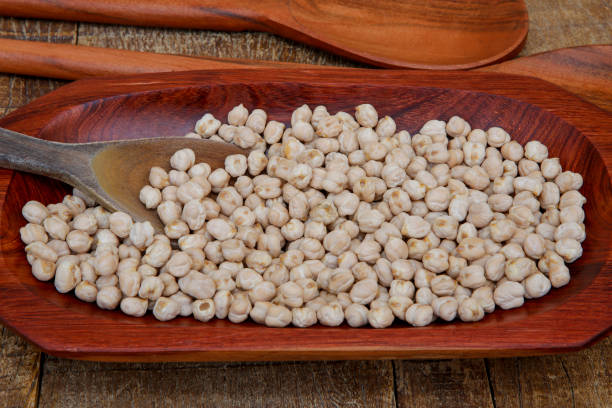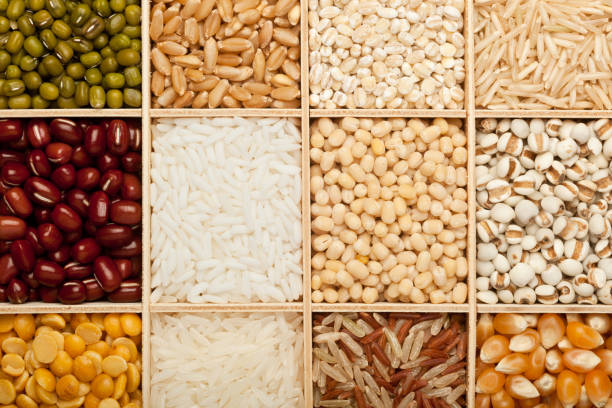Carbohydrates are an essential macronutrient that the body needs to function properly. They are the primary source of energy for the body and play a crucial role in numerous bodily processes. In this article, we will explore how many calories are in 1 gram of carbohydrates and the role that carbohydrates play in a healthy diet.
First, let’s define carbohydrates. Carbohydrates are a type of macronutrient that is found in a wide variety of foods, including bread, pasta, rice, fruits, vegetables, and grains. They are made up of carbon, hydrogen, and oxygen atoms and are classified into two main categories: simple and complex.
Simple carbohydrates, also known as simple sugars, are found in foods like candy, soda, and pastries. They are easily digested by the body and provide a quick source of energy. Complex carbohydrates, on the other hand, are found in foods like whole grains, legumes, and vegetables. They are more slowly digested by the body and provide a sustained source of energy.
Now, let’s answer the question of how many calories are in 1 gram of carbohydrates. One gram of carbohydrates contains 4 calories. This is because carbohydrates are made up of carbon, hydrogen, and oxygen atoms, and the energy that the body derives from carbohydrates comes from the bonds between these atoms. When the body breaks down carbohydrates, it releases the energy stored in these bonds, which is used to fuel various bodily processes.
It’s important to note that not all carbohydrates are created equal. Some sources of carbohydrates, such as refined grains and added sugars, can be detrimental to health when consumed in excess. These types of carbohydrates are often high in calories and low in nutrients, and they can contribute to weight gain and other health problems.
On the other hand, complex carbohydrates that are high in fiber and nutrients, such as whole grains, vegetables, and legumes, can be an important part of a healthy diet. These types of carbohydrates are more slowly digested by the body, which helps to regulate blood sugar levels and keep you feeling full and satisfied.
In terms of daily intake, the recommended amount of carbohydrates for adults is 45-65% of total daily calories. For a person on a 2000 calorie per day diet, this equates to approximately 225-325 grams of carbohydrates per day. However, the exact amount of carbohydrates that an individual needs may vary depending on factors such as age, gender, weight, activity level, and health goals.
So, while 1 gram of carbohydrates contains 4 calories, the type of carbohydrate you choose can impact the overall nutritional value of your diet.
It’s also important to note that the number of calories in 1 gram of carbohydrates can vary slightly depending on the specific food you are eating. For example, a gram of carbohydrates in a banana will have a slightly different number of calories than a gram of carbohydrates in a slice of bread.
This is due to the presence of other nutrients, such as fiber and protein, in these foods. These nutrients can affect the number of calories in the carbohydrates, as well as the overall nutritional value of the food.
In conclusion, carbohydrates are an essential macronutrient that the body needs to function properly. One gram of carbohydrates contains 4 calories, and the recommended daily intake of carbohydrates is 45-65% of total daily calories. It’s important to pay attention to the quality of the carbohydrates that you are consuming and choose complex carbohydrates that are high in fiber and nutrients. By doing so, you can help to ensure that you are getting the energy that you need without excess calories or negative health effects.

 Home
Home Health
Health Diet & Nutrition
Diet & Nutrition Living Well
Living Well More
More













